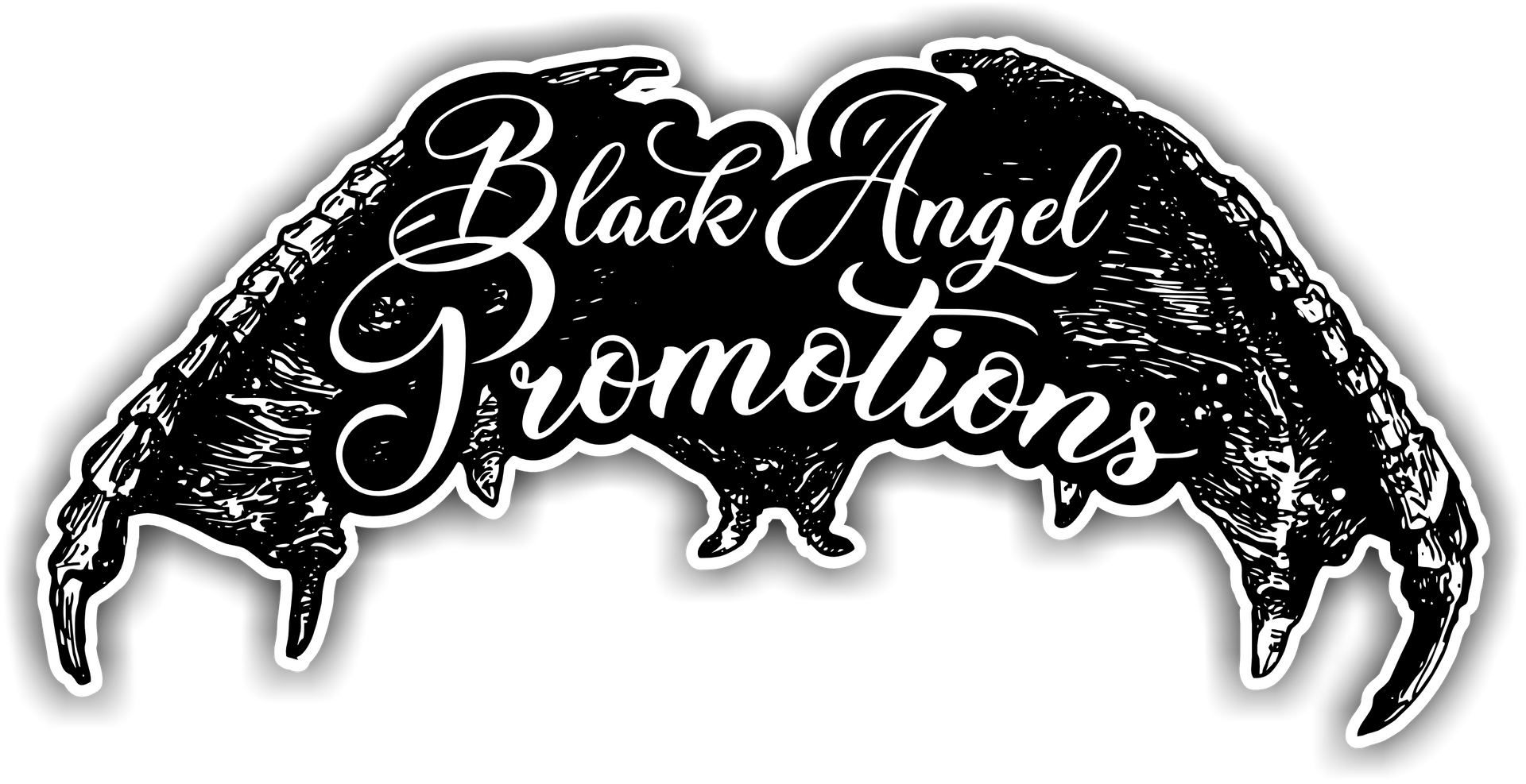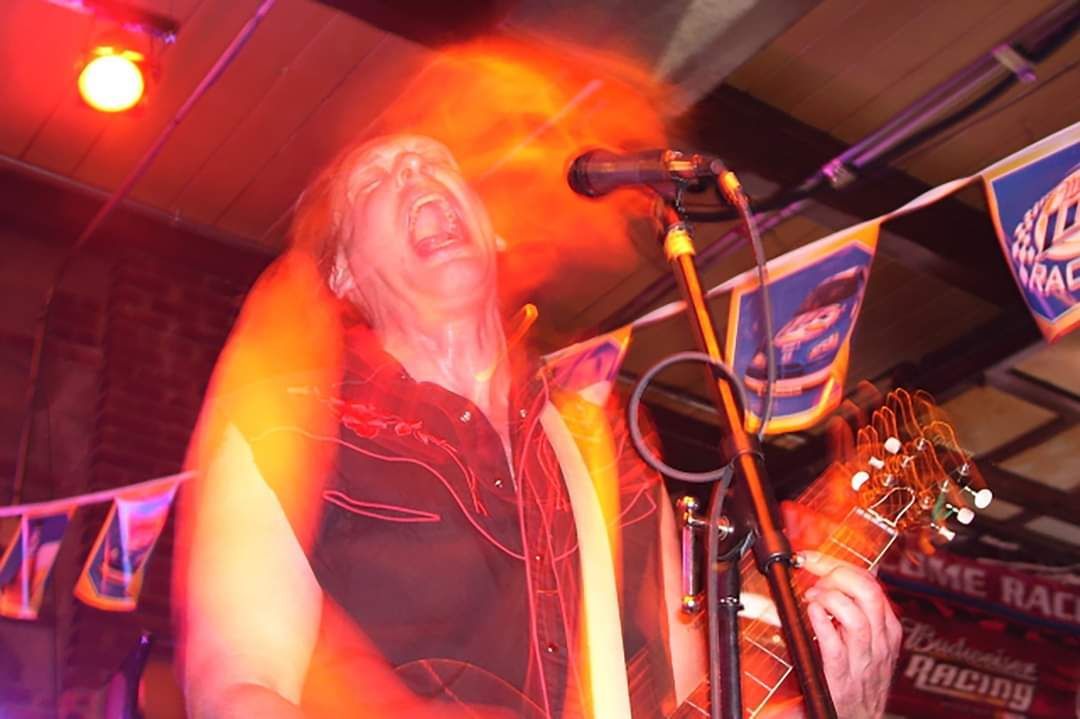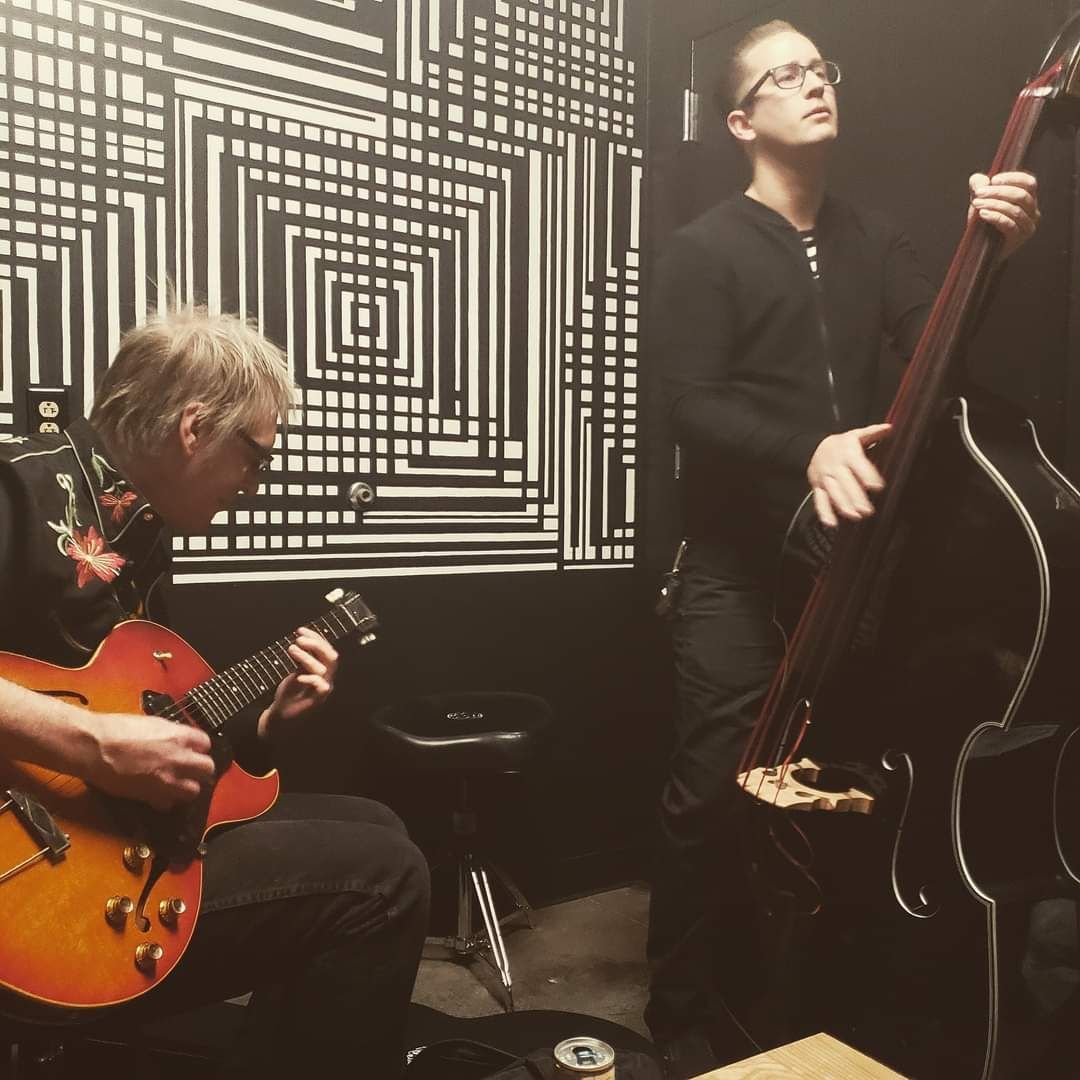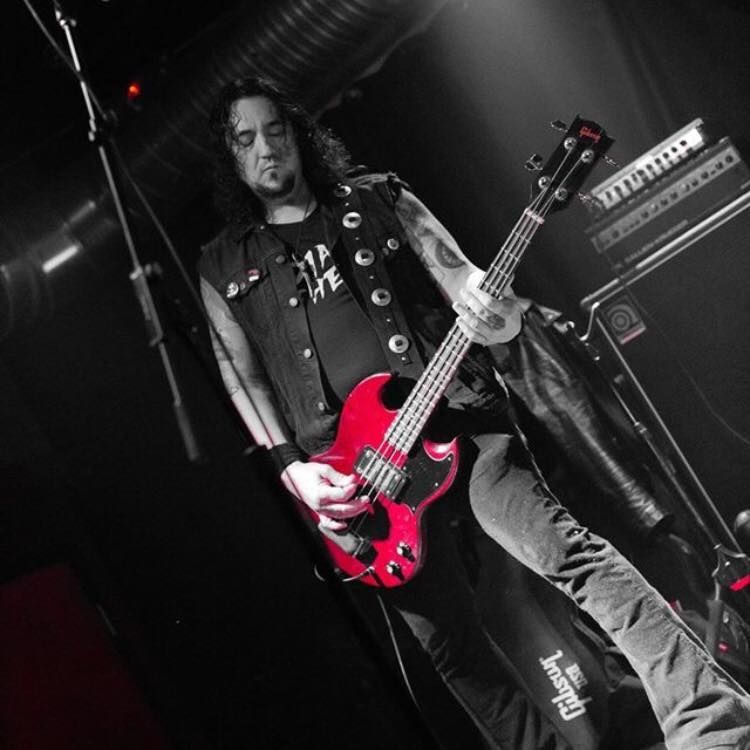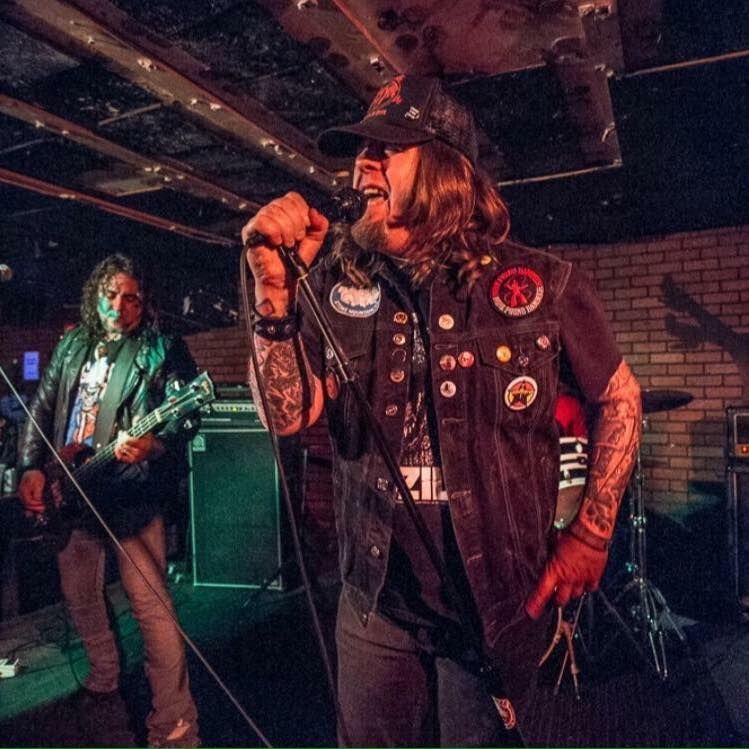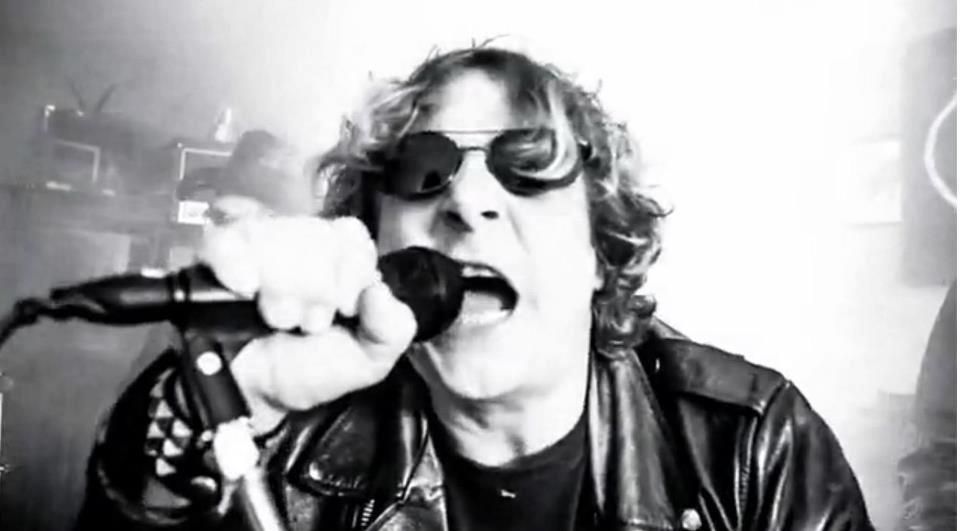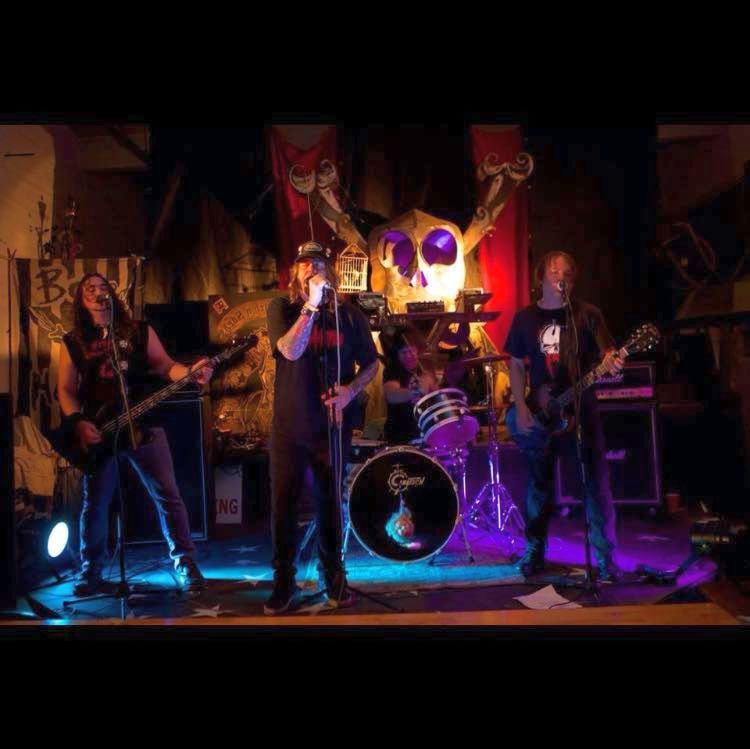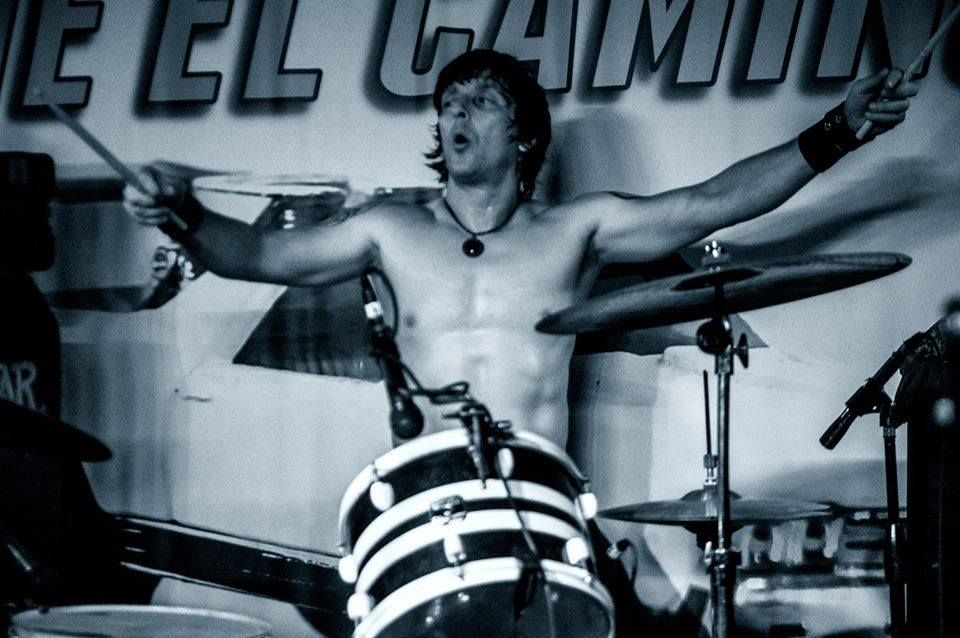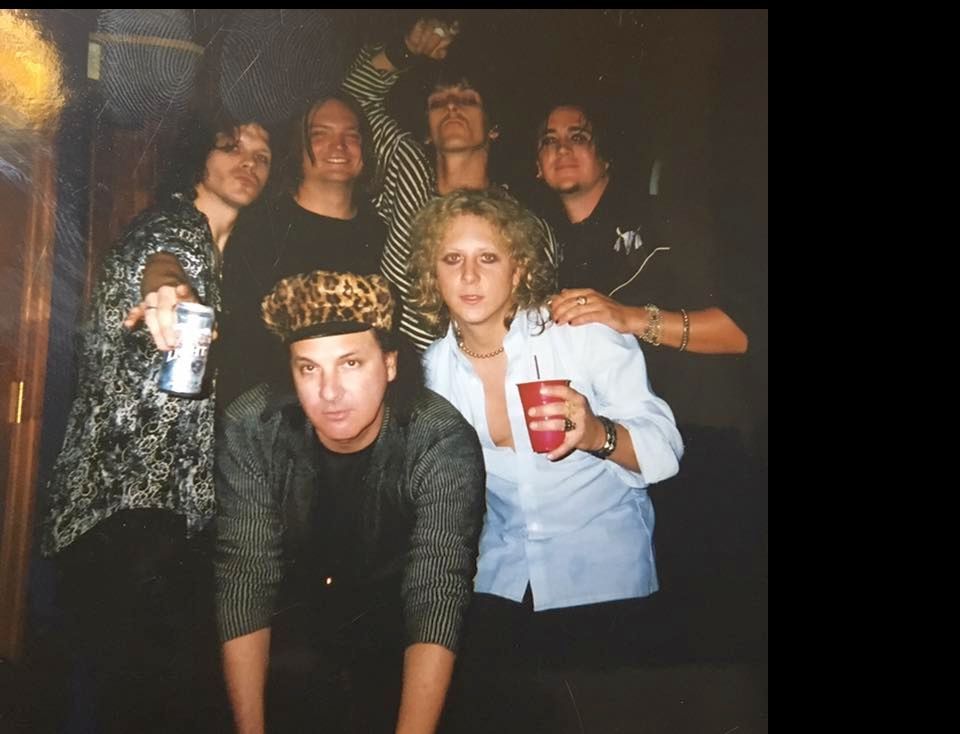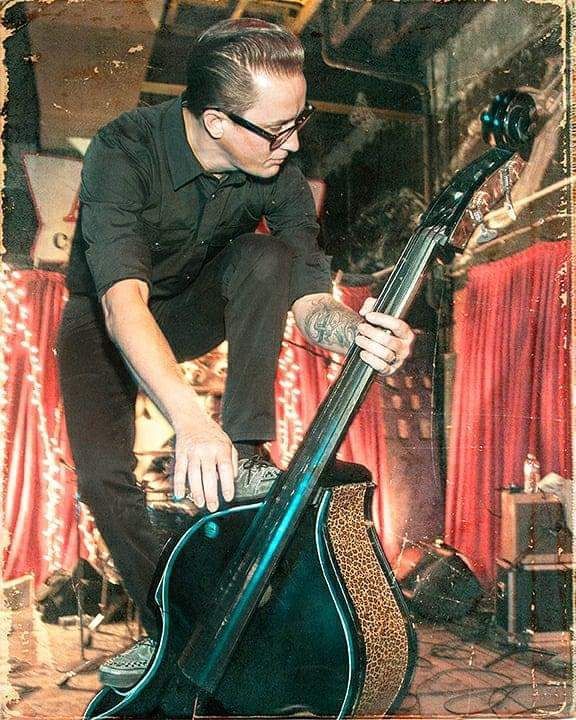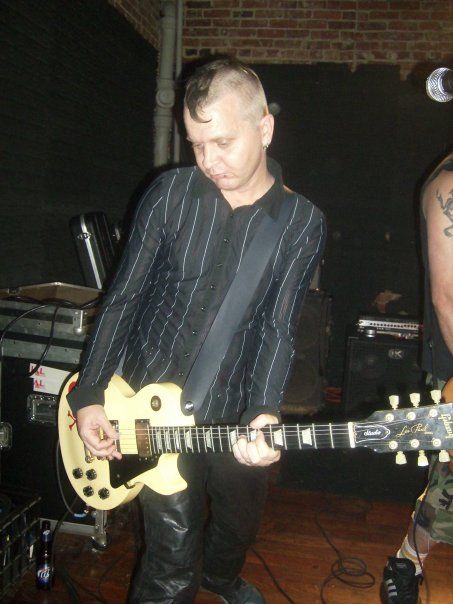Brian Perera Ceo/Founder of Cleopatra Records Interview
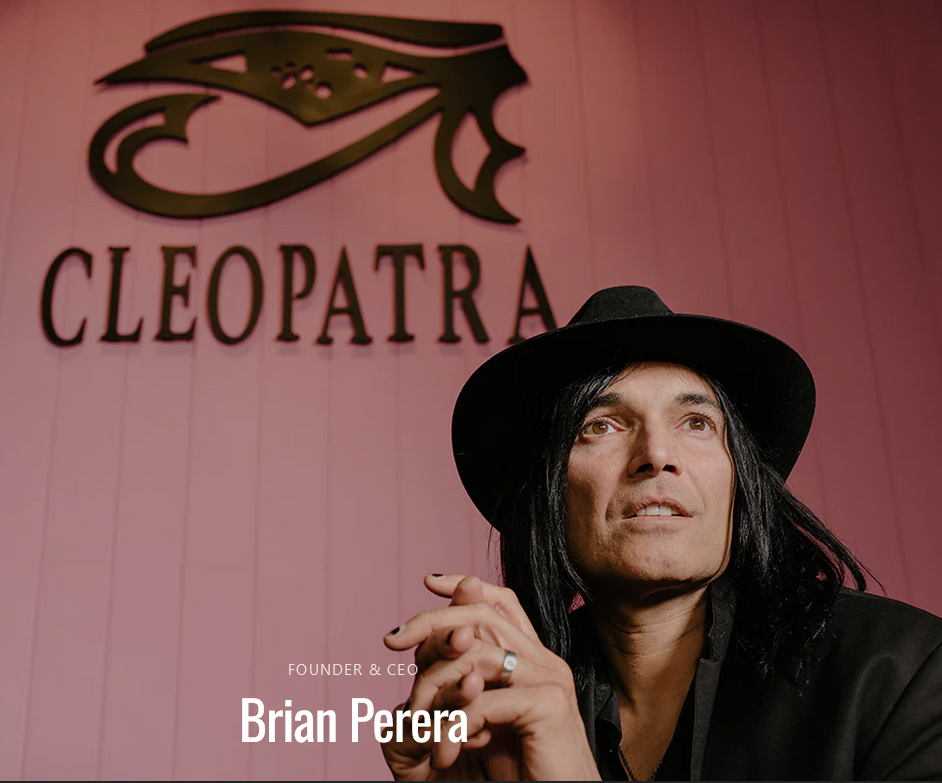
A few days ago, the opportunity was presented to me to interview the founder and CEO of Cleopatra Records, Brian Perera. Naturally, I jumped at the chance to speak with Brian as Cleopatra Records has released several albums that I’m a big fan of through the years. I also appreciate the label becoming a home for wayward bands of the 80’s that have been cast aside. Most notably Jack Russell’s Great White, those last few albums are absolutely killer, and we might not have them if not for Cleopatra Records. Enough of my fandom, let’s get on with it!
Hi Brian, it’s a pleasure to catch up with you today. I know you’ve done tons of interviews through the years, so we’ll try to avoid too many repeat offenders if possible.
Cleopatra Records means a lot of different things to people – some people associate you with Goth, some people associate you with tributes and then there are folks like me who look at the label as a home to disregarded 80’s bands from the Hollywood scene & of course old school Punk Rock!
When you first started the label, what genre did you want to be known for? Was there a specific kind, or were you happy to just get that Motörhead record out there again?
Motörhead was iconic—a band that transcended boundaries between underground and mainstream metal. I’ve always admired Lemmy, not just for what he achieved with Motörhead but for his work with Hawkwind and Headcat. He was a rare artist who could shift effortlessly from Space Rock to Rockabilly, bridging genres while staying true to his rebellious spirit.
Cleopatra wasn’t about fitting into one box. The same year we released Motörhead, we also worked with electronic pioneers Kraftwerk. From day one, it’s always been about passion—championing great music regardless of genre and ensuring our catalog reflects that diversity.
Rounding back into the Hollywood bands (my favorite!)—what have you found most satisfying about working with those bands?
There’s something special about helping overlooked or underappreciated artists reclaim their moment in the spotlight. Working with Rozz Williams of Christian Death early on was a defining experience. His artistry and vision were ahead of their time, and he left an indelible mark not just on the label but on me personally. Being able to amplify these bands’ legacies while introducing their work to new generations has been one of the most satisfying parts of this journey.
While releasing these albums with Rozz a situation had escalated, and we found ourselves being harassed by Valor’s version of Christian Death. The nastiness started with letters from their UK label, filled with accusations and warnings. Before long, my fax machine was lighting up constantly—management firing off threats and warnings of impending lawsuits. It felt like we were under siege, and there were moments of real uncertainty about how it was all going to play out.
The pressure was intense. We were trying to do right by Rozz and honor his vision, but the threats kept coming. It was a chaotic time, filled with back-and-forth disputes that could have derailed everything. The records were ready to go, but there was a question of how to present them without setting off more fireworks. We decided to move forward boldly, adding a sticker that clearly stated “featuring Rozz Williams” to clarify and respect his role in the project.
In the end, the records were released, and the rest is history. That period was a whirlwind of stress and uncertainty, but it solidified our commitment to supporting artists like Rozz, even in the face of controversy. Sometimes doing the right thing means taking the hard road, and I’m proud that we stood by his legacy through it all.
In the early stages of the label releasing 80’s bands, there were a lot of demo/live records released that were tough to get, and Cleopatra seemed to be the only label doing them. Any upcoming releases like that or thoughts on releasing anything else of that ilk?
Absolutely. Unearthing lost gems has always been a cornerstone of Cleopatra’s mission. Whether it’s TV Eye, Sex Beat, or rare recordings from Iggy & The Stooges, we’re committed to preserving history. These releases are time capsules, offering fans a chance to experience the raw energy and authenticity of these eras.
Earlier this year, the world lost one of the best vocalists to ever pick up a microphone—Jack Russell. Cleopatra has released several projects featuring Jack. Can you speak to how much fun it was to work with him and what he meant to you as a label head and music fan?
Jack was extraordinary—a one-of-a-kind vocalist with a voice that could shake walls and a personality that could light up any room. Working with him was always a joy. He brought unparalleled passion to every project, whether it was a tribute album, a live recording, or his own band’s releases. His loss is heartbreaking, but his legacy lives on, and I feel privileged to have played a part in sharing his artistry with the world.
Aside from the upcoming reissue of For You, could there be anything else Jack-related coming up?
This is likely the final chapter of Jack’s material in our archives. I’m grateful we were able to release Dante Fox’s early recordings. They show the roots of Jack’s greatness and preserve a piece of rock history for fans.
Let’s shift gears and talk Punk Rock, notably the Dead Boys. What brought you to the band to start with, and what kept you coming back even after Stiv was gone?
I first heard the Dead Boys on a BBC radio show that I was sent on cassette from the UK—Lemmy was guest DJing and spun "Sonic Reducer." That moment was electrifying. Their raw energy and defiance embodied everything punk stands for. Even after Stiv’s passing, the Dead Boys’ spirit endured. That’s why we’ve remained committed to preserving and celebrating their legacy. I was glad to meet Stiv once at the Scream club in Downtown LA, which was a club for people into the dark side of LA’s underground, I worked there on weekends to help out on the right side of the stage .
How did you come to work with Cheetah on these releases? Is there a favorite Dead Boys release, whether on Cleopatra or not?
It all started with resourcefulness. Danny B. Harvey connected me with Cheetah Chrome through the phone number he had, and my colleague John Lappen followed up to make it happen. Live recordings—there’s nothing like the unpredictability and chaos of a Punk show. Bands like the Germs remind me that anything can happen on stage, and the Dead Boys embodied that same raw energy.
Is there anything else left in the Dead Boys archive that we can expect to see released in the future?
Yes, there’s hope. Kirk Yanno, who worked with the band in Cleveland during the 70s and 80s, is still digging through his collection of tapes. We’re optimistic about what might come to light. He’s a great guy & I've known him for a long time from a connection to a friend who managed German Industrial band Die Krupps in the early 90s .
Regarding the recent controversy over AI vocals, can you clarify the label’s involvement and your thoughts on the accusations?
Jake Hout was invited to collaborate on some tracks alongside a recreation of Stiv’s vocals using AI, trained on Kirk Yanno’s archival tapes Cheetah Chrome is also on Vocals so there are some great set parts. It was an artistic experiment meant to honor the band’s legacy while exploring new possibilities. What’s baffling is the focus on AI when we also brought in legends like Michael Monroe (Hanoi Rocks), James Williamson (The Stooges), Clem Burke (Blondie), and Glen Matlock (Sex Pistols). This is Punk—it’s always been about challenging norms and provoking conversation. If it’s stirring up controversy, then it’s doing what Punk was meant to do.
Now that the band doesn’t have a singer, how are auditions being handled? Will it be an open audition, or is Cheetah looking for someone established?
Cheetah’s been overwhelmed with interest from more than a dozen talented singers. An announcement is coming soon, and I think fans will be thrilled with the new direction.
In your opinion, how does the band move forward given the recent accusations?
The Dead Boys thrive on defiance. This controversy has reignited interest in the band, which is a win in my book. Punk Rock is about resilience, and the Dead Boys are no strangers to that. They’ll move forward with their signature energy, staying true to their roots while reaching a broader audience.
Rapid-Fire Questions
Favorite Cleopatra release to date?
Too many to count—it’s like picking your favorite child.
Toughest release you’ve been a part of?
The Dead Boys, without a doubt. The personal attacks have been challenging, but it’s all been worth it.
Proudest release you’ve been a part of?
Maybe it hasn’t happened yet. Every release feels like a new milestone.
Are there any releases in the Hollywood/Glam/Sleaze era being planned for 2025?
Yes! We’ve just signed LA Guns, who are the epitome of that scene and still going strong. I’ve known them since their legendary 1986 show with Johnny Thunders, Guns N’ Roses, and Jetboy at Fenders Ballroom in Long Beach. While doing shirts, I was working with these guys & had a merch stand set up at the venue
What label, if any, was your biggest inspiration when starting up?
I’ve always been a music fan first and foremost. Cleopatra’s journey has been more about passion than modeling ourselves after other labels. That said, I’m proud of how we’ve expanded—not just with music but also with our growing film division. The best is yet to come.
And there you have it folks, Brian dishes on his thoughts on the recent Dead Boys controversy and he also pulls the curtain back and talks about working with Jack Russell a little. I’m also a bit stoked that he told us that he recently signed L.A. Guns! Now we know that we’ll be getting some more quality LAG releases in 2025!
